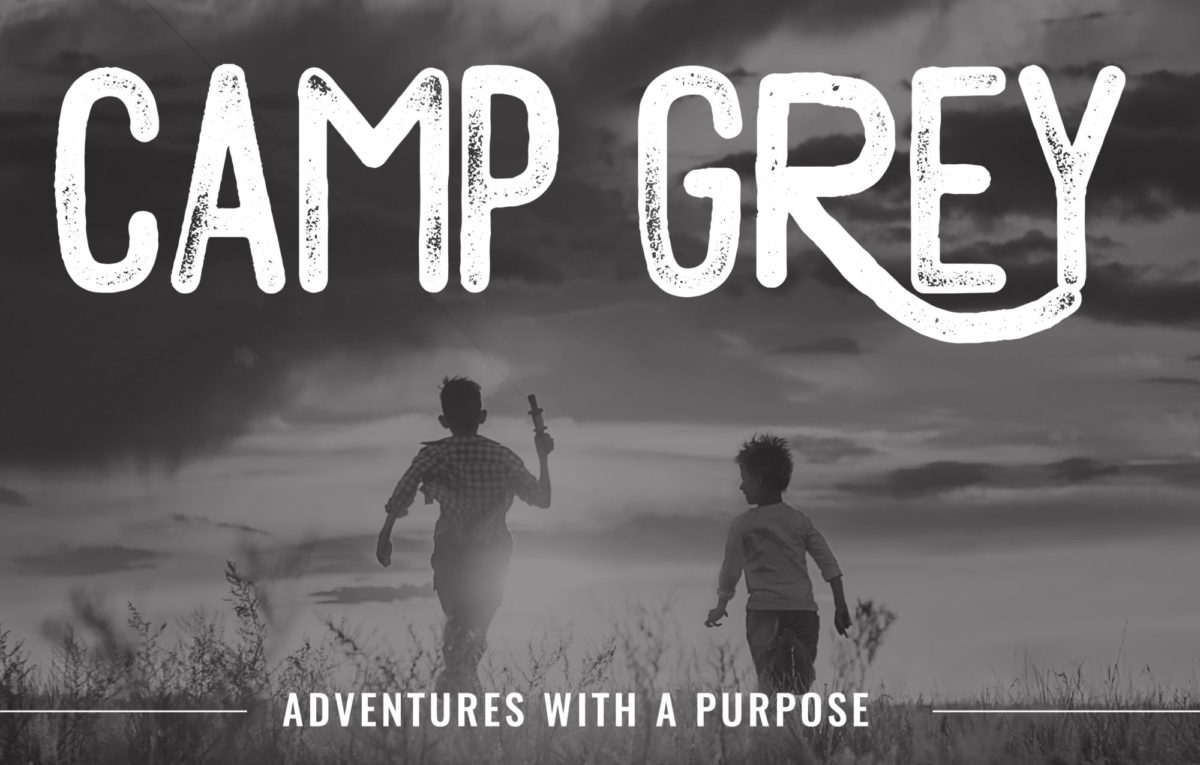
I recently had a conversation with a fellow mama who was worried about her little girl’s development. As I listened to her tell her story my heart began to swell and it took every ounce of patience I had to let her finish talking and not interrupt her by shouting out “ASK WHY and ASK FOR MORE”!
I had not talked to her about her child since the spring and at that time her daughter was getting tested and most likely going to receive therapy to address developmental delays. Over 6 months had gone by since that last conversation and little progress had been made in her child’s development, as well as the interventions her daughter was receiving. My new friend had been treated exactly the same way I had when I questioned Grey’s development; the way I know many other concerned parents have been treated.
She was told “every child is different”, “she will probably catch up” , “give her time”, “let’s not overreact”, and “not every child develops at the same rate”. All things I was told and all statements I would not accept because in my heart I knew something wasn’t quite right and we needed to know more.
I listened to her say that she knew that too. So, I gave her the advice that is the partial impetus for this project. Early intervention matters. It can be life changing. You have to fight for your child and be their advocate to give them what they need.
We love our pediatrician and think incredibly highly of him. We still drive a long way to see him despite him telling me the aforementioned statements above for four months when I was telling him that I really thought further attention was needed. I think he now knows my intent and takes me seriously. I at least feel like he always listens.
Most pediatricians see dozens of children a day. The time they have to assess and diagnose is limited and that makes it nearly impossible to observe a child like a primary caregiver can. Actually, not nearly, but certainly impossible.
I quickly learned that Grey needed me to be uncomfortable. He needed me to ask questions. He needed me to tell his story. He needed an intervention. He needed for his doctors to understand that he was not simply a laid back baby. And, so I did.
And our lives changed. When he was four months old, his doctor finally confirmed that I had not (well, at least probably not anyway) lost my mind and that a closer look was warranted. Grey’s doctor initially thought Grey might have had a birth injury, because his left side was barely mobile. Brachiul Plexus was the initial diagnosis that was later ruled out. Assessments were done. Meetings with Specialist ensued. Several hours on several days of me crying in the bathroom at work, in the shower, in the car, etc. while diagnosing Grey myself with the help of the internet followed. I wanted so badly to understand Grey better. I felt that he had to have a diagnosis to receive proper treatment. We had to do what was best for him and how could we possibly do that without knowing what exactly to solve or improve?
The first neurologist we met with was “one of the top pediatric neurologists in Dallas/Fort Worth”, according to a lot of websites and people we interacted with. He told us that we should not worry about Grey and to go home. He did not see any need for intervention. In my opinion, he treated me like an over-reactive, dramatic mother. He shamed me for comparing Grey to his big sister by 16 months, Bella, who met all of her developmental milestones early. (Thank God for big sister. She made it easier to identify delays. I wasn’t comparing Bella to Grey. I was being Grey’s mother and listening to him.)
I asked for a referral for Grey to see a different pediatric neurologist because I still knew he needed help.
I will discuss that interaction in another post. Long story short, we did not find out the reason for Grey’s delays until he was a little over three years old. We still do not know why that reason happened.
I do not want to imagine what Grey would be like had he not gotten early intervention services two and a half years before that. I wonder if he would be walking and talking yet. I wonder if I would have felt his sweet hugs or kisses yet. I wonder if he would have been able to pat his sister on the back like he did for the first time a week ago.
Something unexpected came from working with early childhood intervention services, which is advocacy. Unlike Grey’s doctors, his therapists do work with him day in and day out. They know him. They see his struggles and his strengths. They have supported me, encouraged and validated my questions and concerns. They have helped me question his abilities more than anyone and not in the way I thought. They see strengths that I sometimes miss because I am still fighting for answers, as much as I hate to admit that. They are my Grey’s heros. They are changing his life for the better.
If your child or a child you know is not meeting their developmental milestones, I encourage you to act as quickly as you can. No one knows your child better than you do. In my opinion it never hurts to ask questions. Hopefully, if you feel something is not quite right, you are wrong and are overreacting. However, if an intervention is needed, you do not have to be alone in your quest for the best life for your child. I am happy to help you in any way I can.
With Love,
Sara

